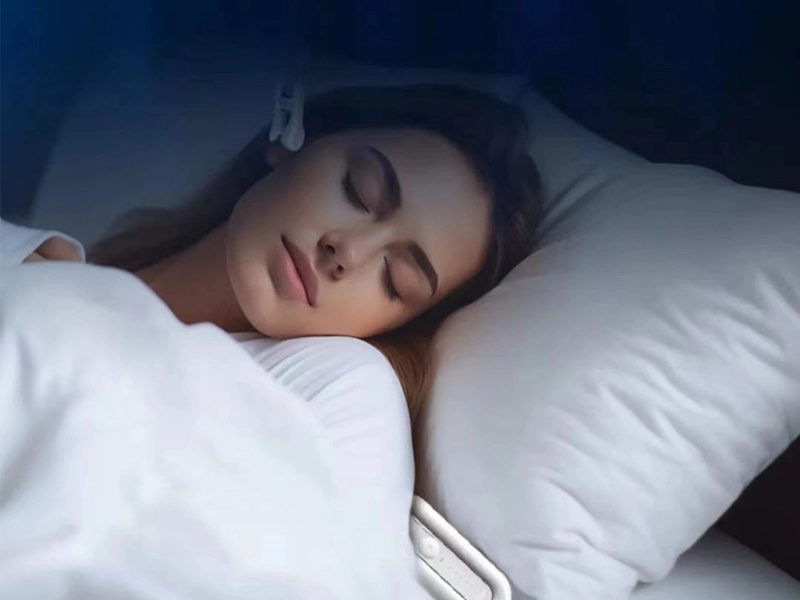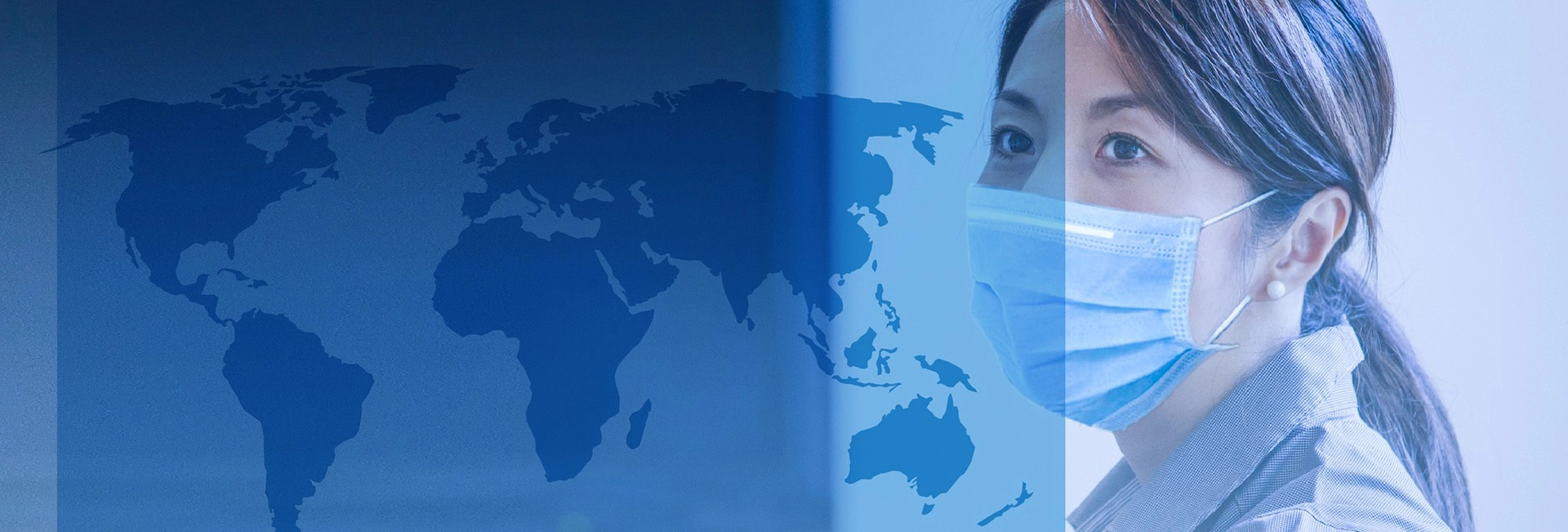
Sleep aid devices offer numerous advantages and benefits that can significantly enhance sleep quality and overall health. Here are some key points:
Improved Sleep Quality: Sleep aid devices such as white noise machines, smart mattresses, and wearable sleep trackers help individuals fall asleep faster and achieve deeper, more restorative sleep. This can lead to increased energy levels and better mood regulation throughout the day.
Health Benefits: Good sleep is crucial for physical health; it strengthens the immune system, regulates hormones, and promotes healthy brain function. Devices that improve sleep can help manage weight, reduce the risk of serious health conditions like cardiovascular disease and diabetes, and enhance overall longevity.
Stress and Anxiety Reduction: Many sleep aid devices offer features like guided meditations, breathing exercises, or soothing sounds that help reduce stress and anxiety, making it easier to relax and transition into sleep.
Enhanced Sleep Patterns: Devices such as sleep trackers provide insights into sleep patterns and cycles. Understanding these patterns can help users make informed adjustments to their sleep habits, such as optimizing sleep schedules or pinpointing disruptive behaviors.
Customizable Solutions: Many modern sleep aid devices are customizable, allowing users to tailor settings according to their personal needs. For instance, the firmness of a smart mattress can be adjusted, or the soundscapes of a noise machine can be personalized to create the ideal sleep environment.
Convenience and Usability: Sleep aid devices are generally easy to use and can be integrated into daily routines without much hassle. This accessibility makes it convenient for users to consistently benefit from the features offered.
Non-Invasive Options: Unlike medication, many sleep aid devices provide a non-invasive way to improve sleep quality. This is particularly beneficial for those who prefer not to take sleep medications due to potential side effects or dependencies.
Support for Sleep Disorders: For individuals suffering from sleep disorders like insomnia or sleep apnea, certain sleep aid devices can provide crucial support, complementing medical treatments and improving the effectiveness of other therapeutic interventions.
Overall, sleep aid devices can play a significant role in enhancing sleep quality and, by extension, improving various aspects of physical and mental health. Their use can be a practical and effective approach to tackling sleep-related issues and promoting a healthier lifestyle.

Different sleep aid devices work in various ways. For example, white noise machines create soothing sounds that mask disruptive noises. Wearable devices monitor physiological parameters like heart rate and movement to analyze sleep patterns. Light therapy devices use light to adjust the body's circadian rhythm, helping to regulate sleep cycles.
Most sleep aid devices are safe when used according to the manufacturer's instructions. It's important to choose devices that are FDA approved or meet standard safety regulations. Always check product reviews and consult with healthcare providers if you have underlying health conditions.
Choosing the right device depends on your specific sleep issues. For environmental noise disturbances, consider a white noise machine. If you struggle with sleep due to stress, a wearable tracker that offers relaxation techniques might be beneficial. Consult with a sleep specialist to better understand your needs.
Wearable sleep trackers vary in accuracy. Most provide a good estimate of sleep patterns and durations but might not be as accurate as medical-grade devices. They are best used as a guide rather than a definitive measure of sleep health.
While sleep aid devices can help improve sleep quality and manage symptoms of insomnia, they are not a cure. They should be used as part of a broader approach to sleep health, possibly including behavioral changes and medical consultation.
Technical & Sales Support